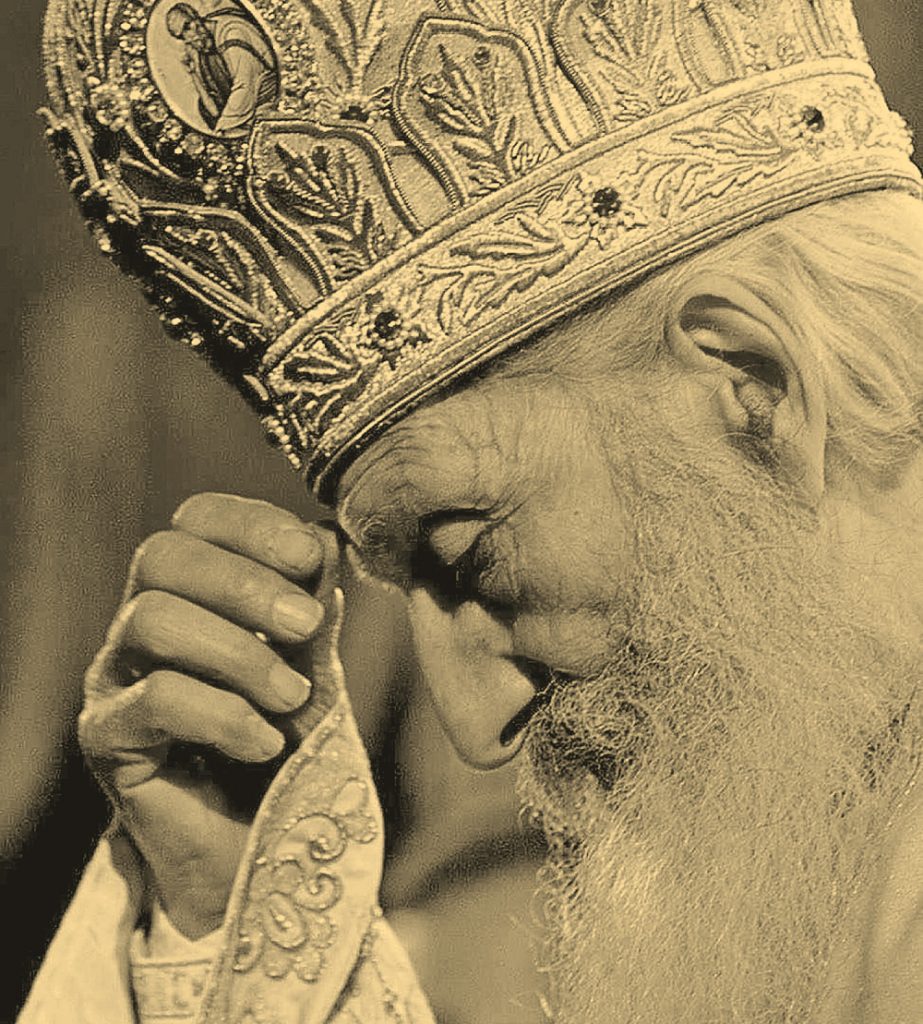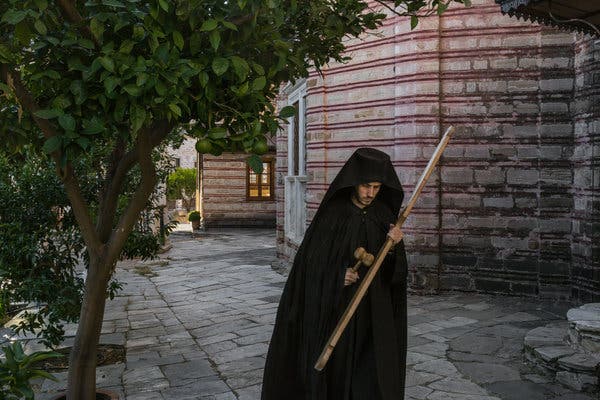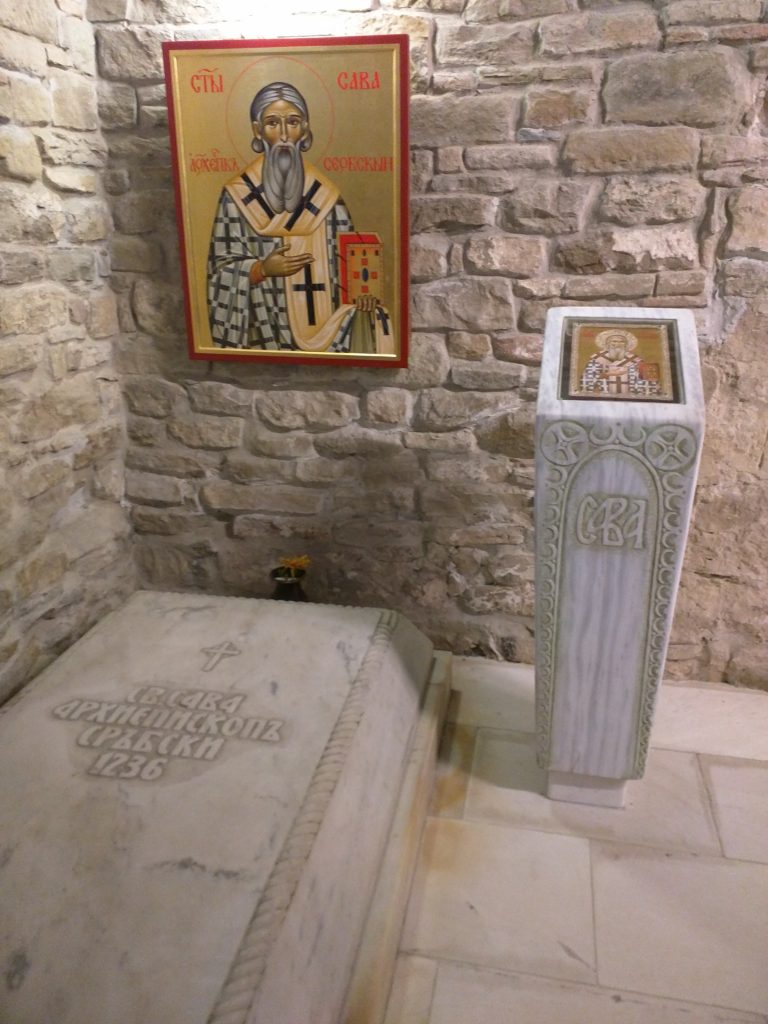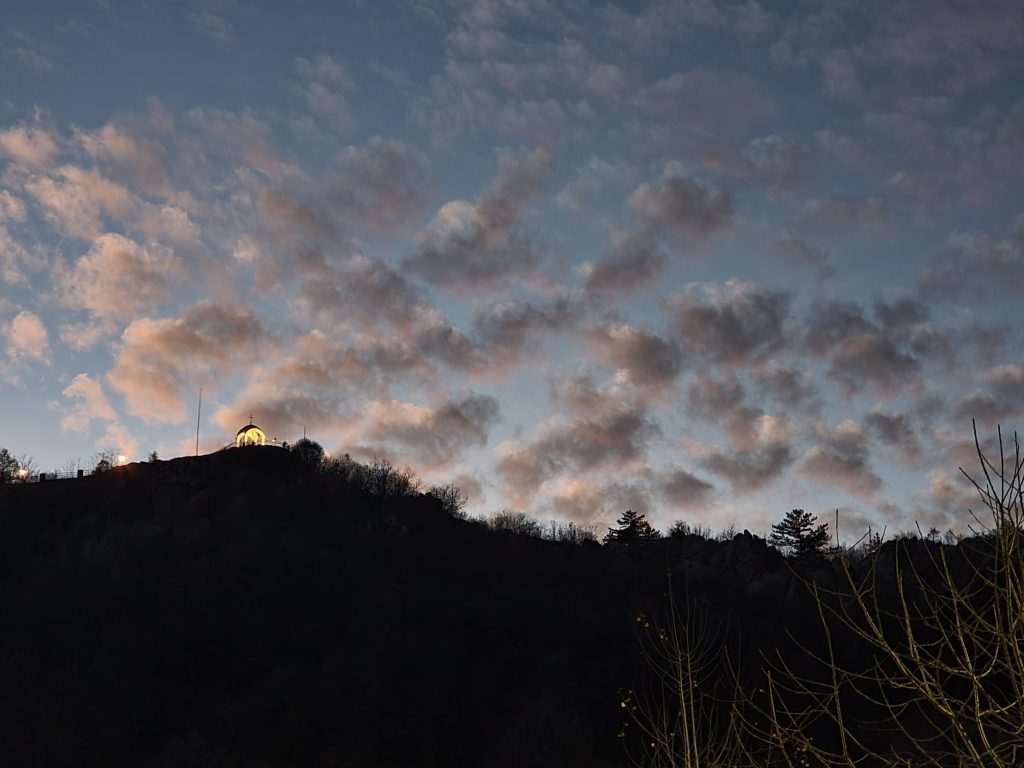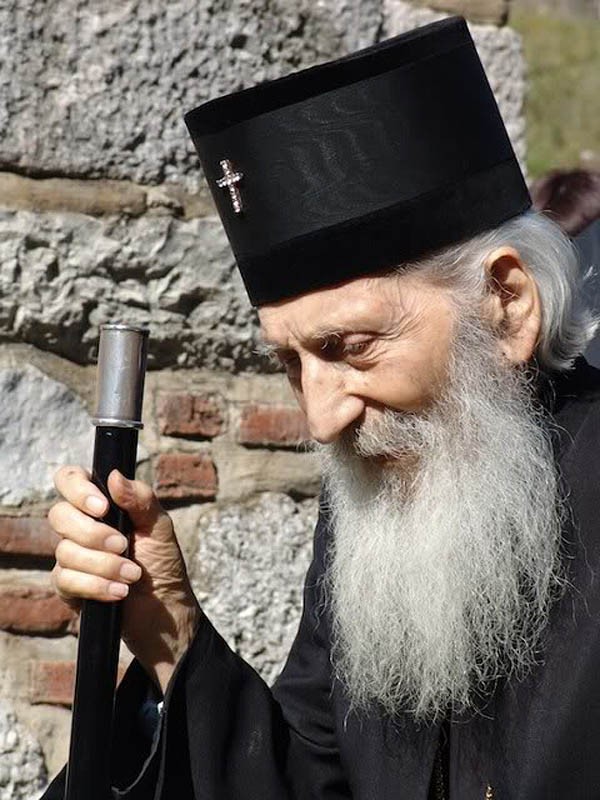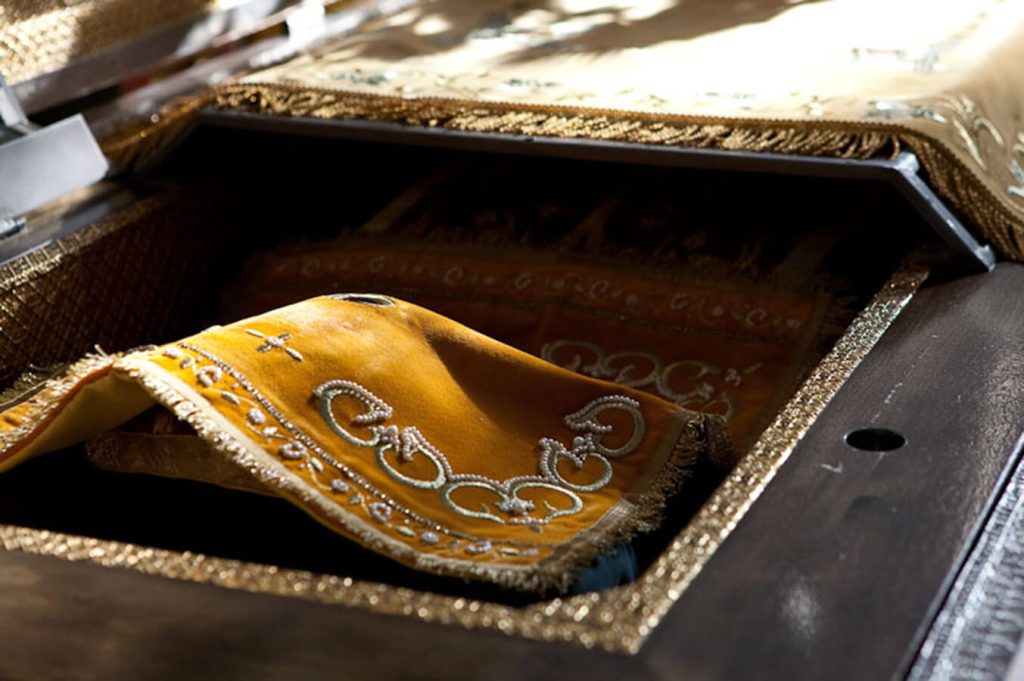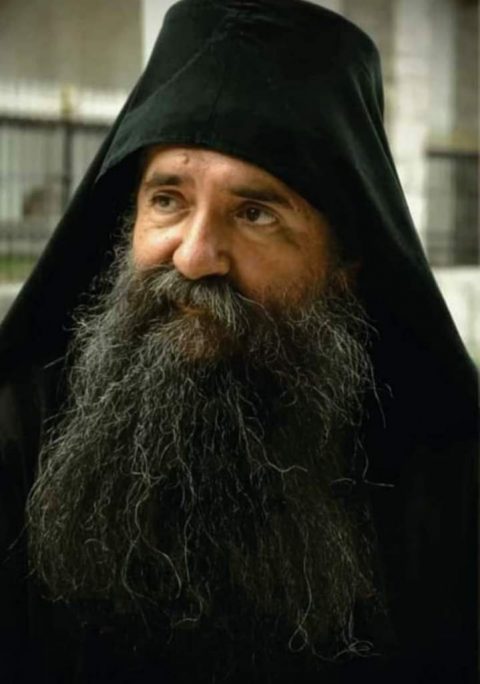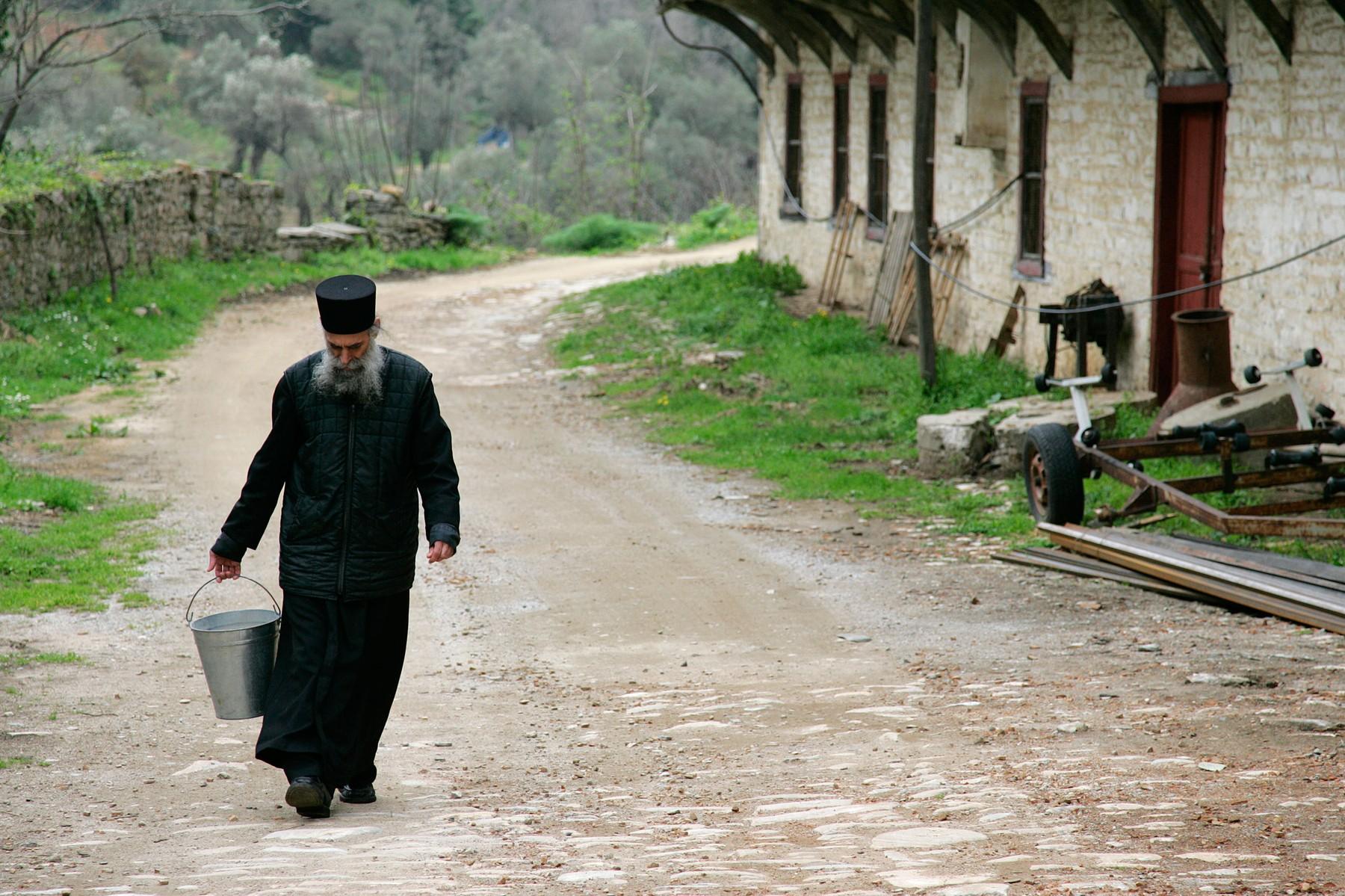The first stage is that of slave. A slave knows that his fate depends on the master to whom he belongs, who has the right to beat, kill, or sell him and his wife and children. Therefore, he will carry out his master’s will. Spiritually speaking, this is the Christian who does the will of God out of fear of hellfire. He understands that even a thousand years of living in sin will never pay off, while there he might be in torment for all of eternity.
The second stage is that of hireling. This is a free man who receives pay for his labor. He works to the extent that he gets paid. Spiritually speaking, this is the Christian whose wants to reach the highest possible level in Paradise. Not all levels there are the same. He who is worthy and good forever advances closer and closer to God, without ever attaining to Him, since God is infinite – but, still, he moves closer and closer. God, of course, is our life and our blessedness – He is our everything.
The third stage is that of son or daughter. A son carries out his father’s will not because he is afraid that his father will punish him, for he is not a slave; nor because he wants to get paid by his father, for he is not a hireling. He does so willingly, so that his father might be pleased. Spiritually speaking, this is the Christian who carries out God’s will because He loves God, so that God might be pleased.
While the first two are thinking about themselves – one does not want to be punished, while the other wants to get paid – the son or daughter is thinking about God. This is the true Christian. But no one can reach this level until he has passed through the first two. How long one will linger at each stage depends on each person individually.
Excerpt from an interview with patriarch Pavle

